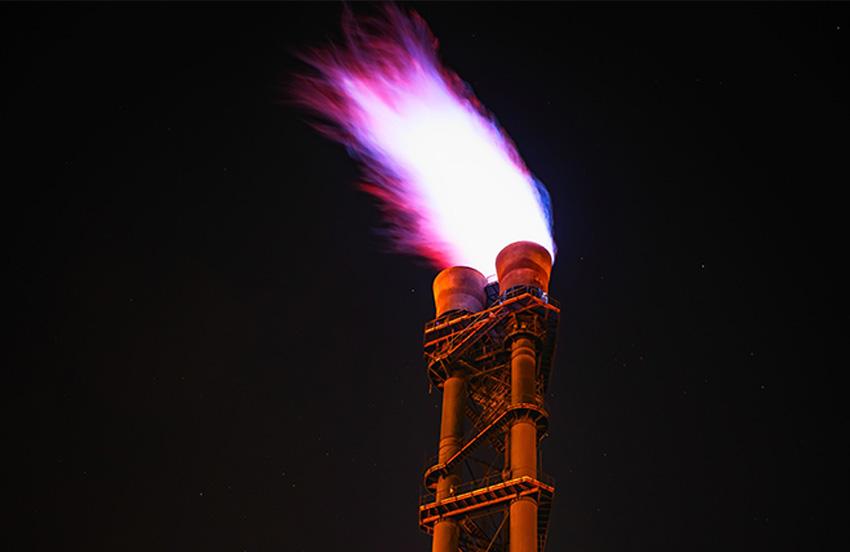Czech gas imports shift eastward amid rising dependence on Russian supplies
The vast majority of gas imported into the Czech Republic at the end of this year originated from the East, primarily from Russia. While most of 2024 saw the majority of supplies arriving from Western sources, gas deliveries from Slovakia surged significantly in November, accounting for approximately 95% of total imports in the last two months. Experts suggest that the majority of this gas is of Russian origin. These insights are based on transport data from Net4Gas, analyzed by the Czech Press Agency. Meanwhile, domestic gas storage levels have declined to 65% capacity, compared to 88% at this time last year.
The trend of increasing reliance on eastern gas supplies, which began in November, persisted into December. Trinity Bank economist Lukáš Kovanda noted a dramatic 530% year-on-year increase in Russian gas imports to the Czech Republic. Analysts attribute this shift to a combination of economic factors, particularly the lower market price of Russian gas compared to alternatives.
Imports through Germany, historically a significant source, have become less competitive due to transit fees, which currently stand at €2.5 per megawatt-hour. However, a recent decision by the German Bundestag to abolish these fees from January 2025 is expected to reverse this trend.
Minister of Industry and Trade Lukáš Vlček (STAN) has indicated that the elimination of the German gas transit fee could encourage Czech traders to pivot back to Western sources. Vlček has repeatedly emphasized that the Czech Republic is no longer dependent on Russian gas, citing diversified supply agreements, including imports from Norway and liquefied natural gas (LNG) terminals in the Netherlands. This diversification, he argues, ensures that gas supplies remain secure even in the event of disruptions in Russian transit via Ukraine.
Experts, including Michal Kocůrek of the consultancy EGÚ Brno, predict that lower transit costs will make Norwegian and LNG gas more appealing to Czech traders. “The cost of importing gas via Germany will decrease by about 7%, making these alternatives more attractive compared to Russian gas,” Kocůrek explained. However, analysts caution that this shift is unlikely to cause significant changes in gas prices for Czech consumers.
Throughout 2024, the share of gas sourced from Germany and Slovakia fluctuated. Until November, German imports constituted 55% of the supply, with Slovakia contributing 45%. Over the past two months, this balance shifted dramatically, with 95% of gas now coming from the East. XTB analyst Jiří Tyleček noted, “Although the exact origin of the gas cannot be confirmed, there is a high probability that it is Russian.”
Meanwhile, domestic gas storage facilities are currently 65% full, housing over 2.27 billion cubic meters of gas. This represents a decline from the same period last year, when reservoirs held over 3 billion cubic meters and were 88% full. The Ministry of Industry and Trade released these figures on Friday, highlighting the reduced storage levels as the country navigates evolving supply dynamics.
As 2025 approaches, the anticipated abolition of German transit fees and continued diversification efforts could reshape the Czech Republic’s gas supply landscape. While current conditions favor eastern imports, the government’s focus on alternative sources suggests a broader strategy to stabilize the energy market and ensure long-term security.
Source: CTK









